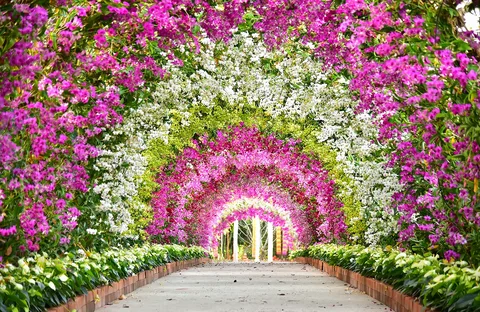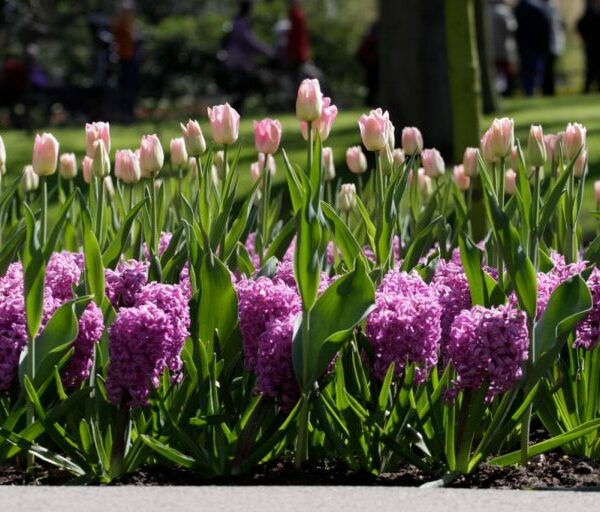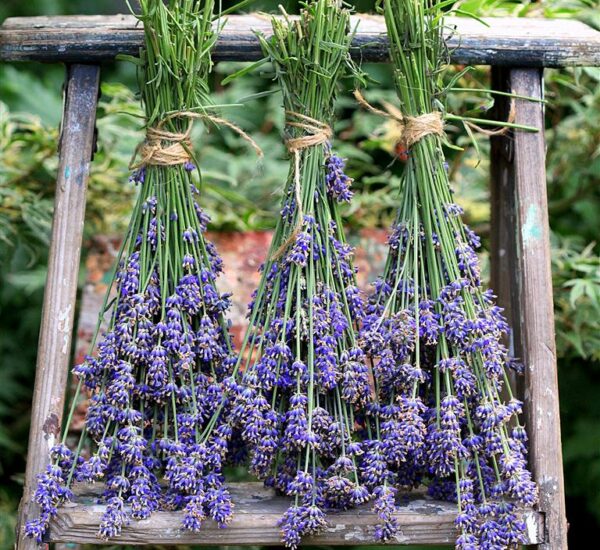Christmas Cactus (Schlumbergera spp.)
Christmas cacti are easy to care for and produce vibrant, colorful blooms during the holiday season. They are non-toxic and pet-friendly.
African Violet (Saintpaulia spp.)
African violets are known for their dainty, long-lasting flowers. They are safe for pets and can be an excellent choice for indoor decor.
Orchids (Orchidaceae family)
Orchids are elegant and non-toxic, making them a suitable alternative to poinsettias. They come in a variety of colors and can be enjoyed year-round.
Holiday Cactus (Schlumbergera spp.)
Holiday cacti, including Thanksgiving and Easter cacti, offer seasonal color without posing any toxicity risk to pets or children.
Norfolk Island Pine (Araucaria heterophylla)
These miniature evergreen trees resemble traditional Christmas trees and are safe for homes with pets.
Rosemary (Rosmarinus officinalis)
Rosemary topiaries and miniature rosemary trees not only look festive but can also be used for culinary purposes. They are non-toxic to pets.
Peperomia (Peperomia spp.)
Peperomias are attractive, low-maintenance houseplants with unique foliage. They are non-toxic and come in various shapes and sizes.
Bromeliads (Bromeliaceae family)
Bromeliads, like the popular Guzmania, add a tropical touch to holiday decor without posing harm to pets or children.
9. Amaryllis (Hippeastrum spp.)
Amaryllis bulbs produce large, showy blooms and are safe for pets when their sap is not ingested.
Paperwhites (Narcissus papyraceus)
Paperwhite narcissus bulbs are easy to force into bloom during the winter months, adding fragrance to your home without toxicity concerns.
Ferns (Various species)
Many ferns, such as the Boston fern, are safe for pets and provide lush greenery that complements holiday decor.
Christmas Pepper (Capsicum annuum var. glabriusculum)
Christmas peppers, with their festive red and green fruits, are non-toxic and can be grown as ornamental plants.
Mistletoe Cactus (Rhipsalis spp.)
Mistletoe cacti are unique, hanging plants that are non-toxic and well-suited for holiday arrangements.
Conclusion
By choosing nontoxic alternatives to poinsettias, you can enjoy the beauty of the holiday season without the worry of potential harm to your pets or loved ones. These plant options, recommended by horticultural experts, offer a safe and festive way to celebrate the holidays. Always ensure proper care and placement to keep your plants healthy and thriving.
What are some nontoxic alternatives to poinsettias that I can use for holiday decoration?
Are there any natural options that can add vibrant red or green colors to my holiday decor without the risk of toxicity?
Can you recommend some non-poisonous plants or flowers that can mimic the festive look of poinsettias?
What are the benefits of choosing nontoxic alternatives for households with children and pets?
Are there any specific care instructions for these nontoxic holiday plants?
How do the care requirements of these alternatives differ from those of poinsettias?
Can I find nontoxic alternatives that also have a long-lasting holiday appeal?
Are there any specific plant species known for their resilience and suitability as poinsettia replacements?
Where can I purchase these nontoxic alternatives, and are they readily available during the holiday season?
What are some creative ways to incorporate nontoxic holiday plants into wreaths, centerpieces, and other decorations?
- Rhode Island’s Favorite THC Infused Beverages - June 5, 2025
- THC Soda and Drink Options in Idaho - May 28, 2025
- Ohio’s Go-To THC Infused Beverages - May 28, 2025




